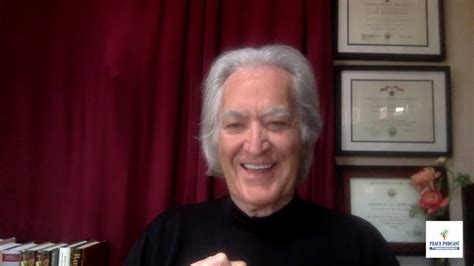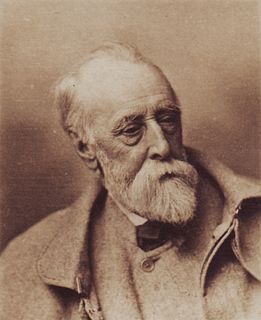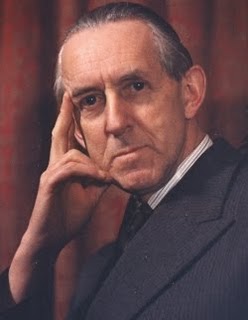A Quote by Larry Dossey
Alan Watts, the Buddhist scholar, proposed the existence of a mental faculty he called forgettory, which is the flip side of memory. There are times, Watts maintained, when we need to forget things, to let them slip away into the unremembered past.
Related Quotes
In the Bible (Hebrews, 6:19), hope is ‘an anchor of the soul, both sure and stedfast, and which entereth into that within the veil.’ Here [in Watts painting], Hope is blindfolded, seated on a globe and playing a lyre of which all but one of the strings are broken . . . Hope’s attempts to make music appear futile and several critics argued that the work might have been more appropriately titledDespair. Watts explained that ‘Hopeneed not mean expectancy. It suggests here, rather, the music which can come from the remaining cord’.
One of the things I regret about not putting in that book or I think it's there but I didn't really elaborate on it, is contraception. I came across someone who articulated very clearly that one of the things which makes our approach to Buddhist practice in regards to sex different these days than it was in Buddhist times, is the simple existence of reliable contraception, which is a no brainer but I missed really addressing it in the book.
In trouble we are prone to forget all that we have heard and read that makes for our comfort. Now what is the reason that a man comes to think of that which otherwise he should never have called to mind? The Holy Spirit brings it to his remembrance; He is a Comforter, bringing to mind useful things at such times when we have most need of them.
By god the Buddhist means that from which the universe was born, the unborn of the Buddhist scriptures, and by soul that factor in the thing called man which moves towards enlightenment. Why need more be said of it, at any rate those who are not content with scholarship, but strive to attain that same enlightenment?
We gallop through our lives like circus performers balancing on two speeding side-by-side horses--one foot is on the horse called "fate," the other on the horse called "free will." And the question you have to ask every day is--which horse is which? Which horse do I need to stop worrying about because it's not under my control, and which do I need to steer with concentrated effort?



































